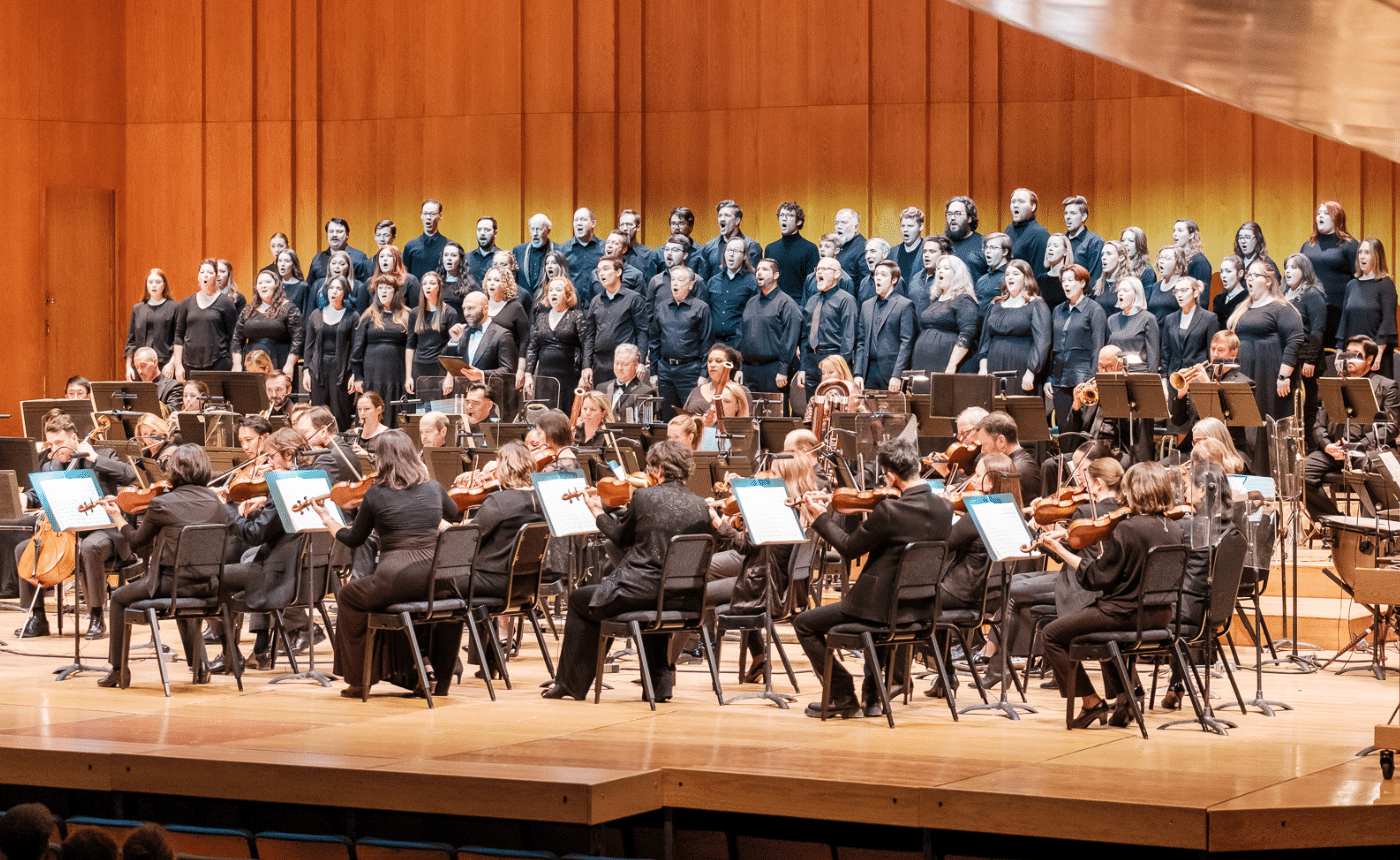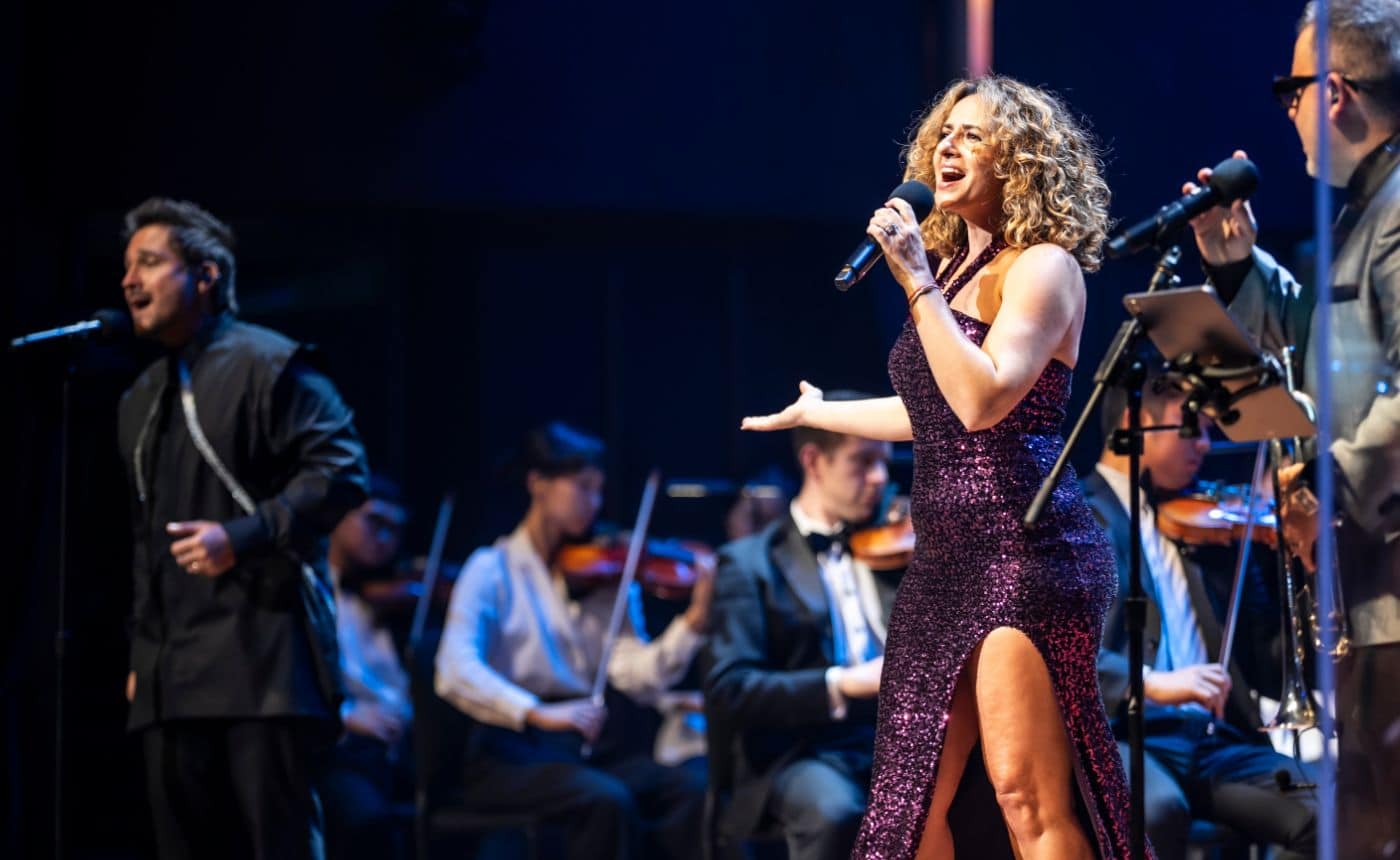Mozart – Overture to Die Zauberflöte, K. 620 (The Magic Flute)
by Jeff Counts
Instrumentation: 2 flutes, 2 oboes, 2 clarinets, 2 bassoons, 2 horns, 2 trumpets, 3 trombones, timpani, strings.
Duration: 7 minutes.
THE COMPOSER – WOLFGANG AMADEUS MOZART (1756-1791) – Mozart was working simultaneously on the Requiem and two operas during the incredibly prolific year of 1791, his last on Earth. The drama of these final creations was matched by that of his actual life and the ill health and mysterious visits of 1791 leant an air of urgency to everything Mozart touched. It was a furious dash to the finish, the finish of an existence cut far too short.
THE HISTORY – Though he started it before La clemenza di Tito, Die Zauberflöte (The Magic Flute) was the last opera Mozart completed. It was an example of the popular dramatic style known as Singspiel (a blend of singing and spoken text) and also an allegory on Mozart’s own Masonic associations and beliefs. He would live to see it successfully staged and actually conducted the premiere performances, but his death just months later would deprive him of knowing how lasting and important the work was meant to become. Three chords begin the overture in direct tribute to the Masonic themes of the opera (three being an important symbolic number). After the mysterious but inexorable introduction, it is a fleet-footed five minutes until the end. Mozart treats us to right away to fugue, transformation, delightful instrumental playfulness and an invigorating sense that something special is in store. Right in the middle of this infectious activity are the famous three times three chords, the “dreimalige Akkord,” which not only echo the overture’s opening but clear the air for a brief moment with spectacular effect. It is important to view The Magic Flute not as Mozart’s benediction or farewell to opera but rather as the excited, forward-looking declaration of a young genius in his prime. This is the hopeful music of a man with plans for the future, not the last rites of someone who felt time slipping and assumed he had said enough. From this perspective, the Overture to The Magic Flute may well be the most rewarding six minutes in music.
THE WORLD – Lost in 1791 were Methodist Church founder John Wesley, Virginia Governor and Declaration signer Benjamin Harrison, French revolutionary Honoré Mirabeau and of course, Mozart. Found (and founded) were the element Titanium, the U.S. Mint and the State of Vermont.
THE CONNECTION – Utah Symphony has performed The Magic Flute Overture countless times on virtually every concert series. Utah Opera has staged Flute on four separate occasions – 1987, 1993, 2006 and 2013.











